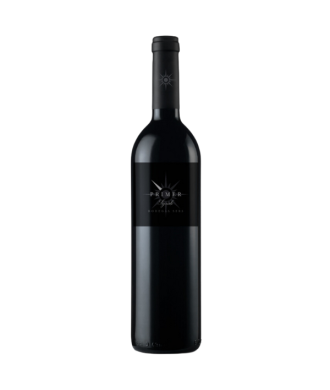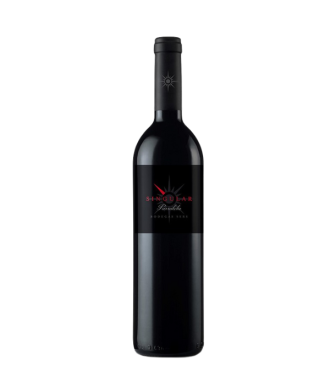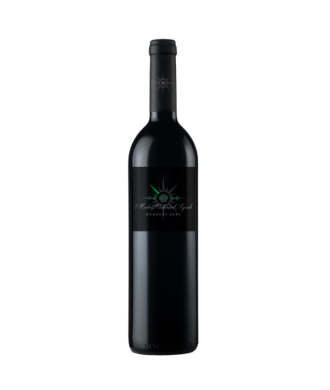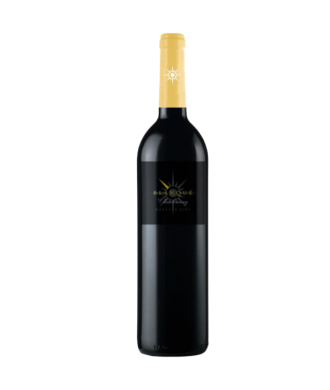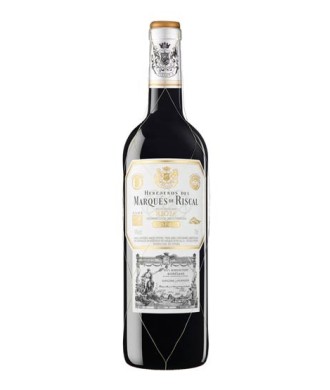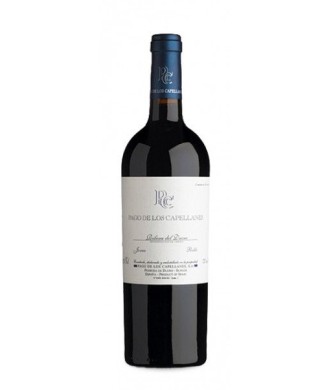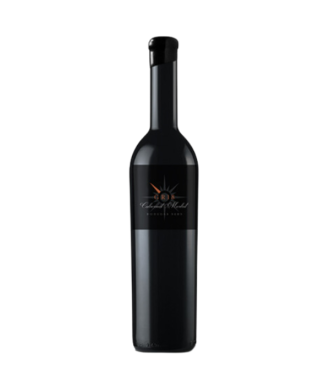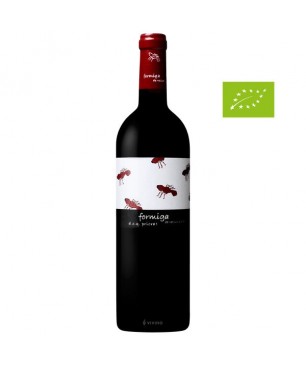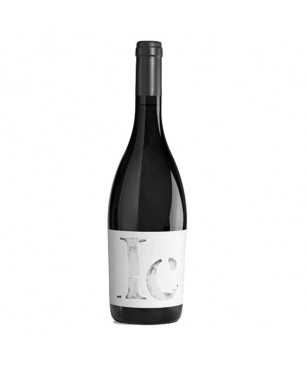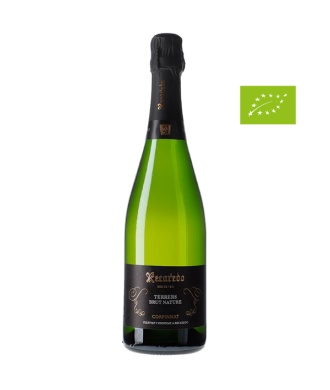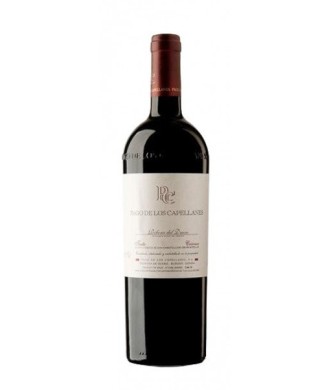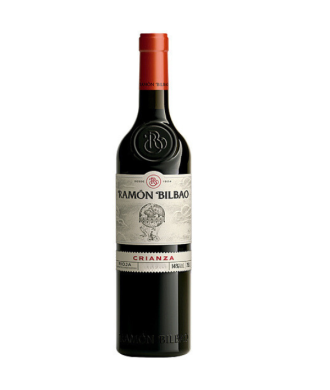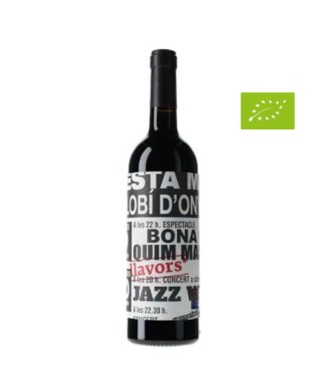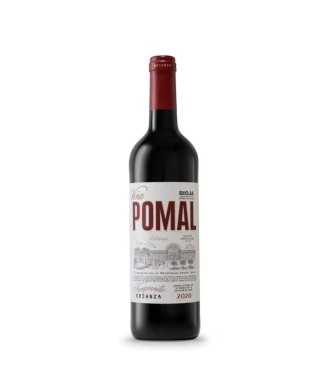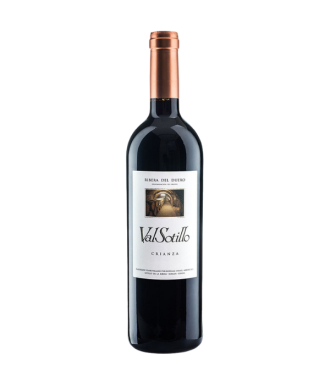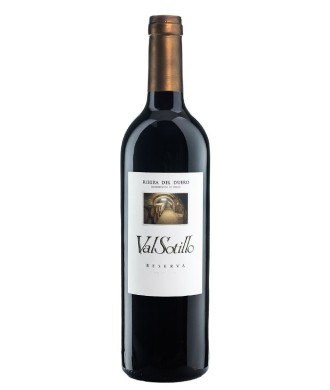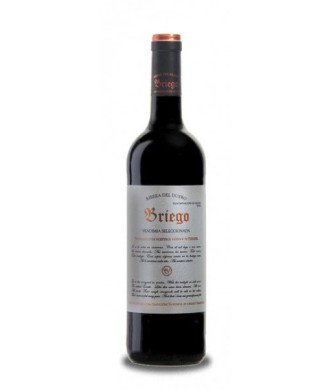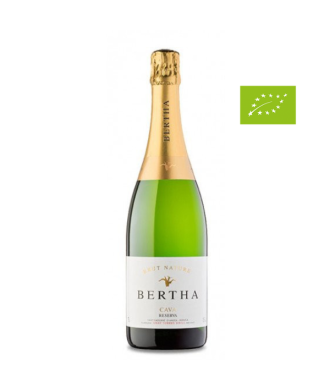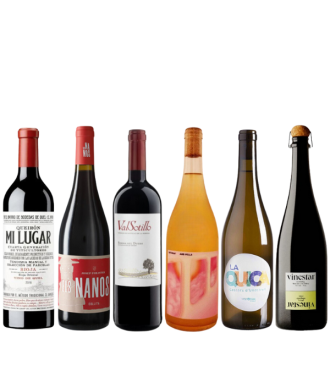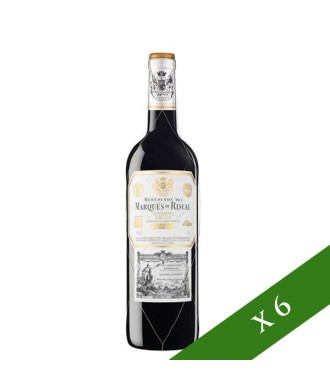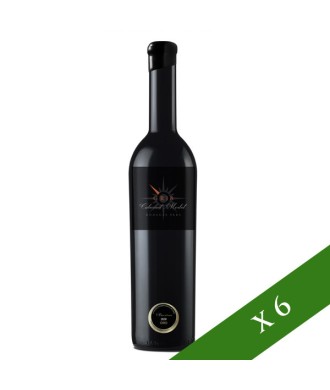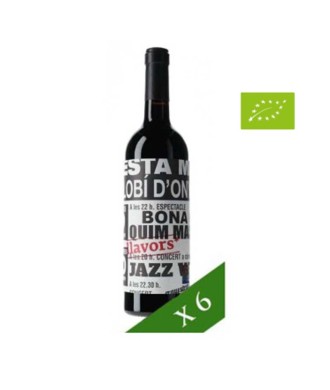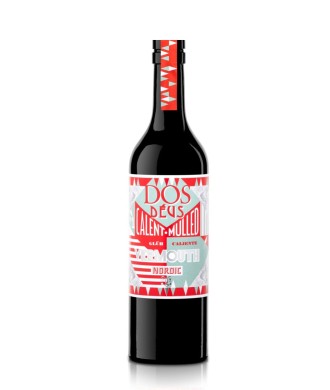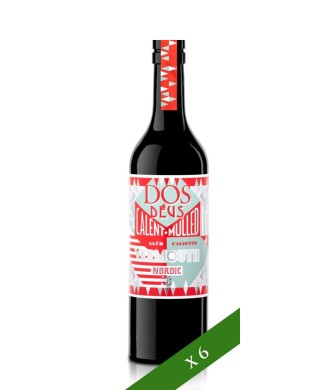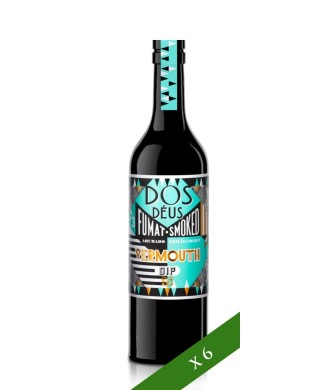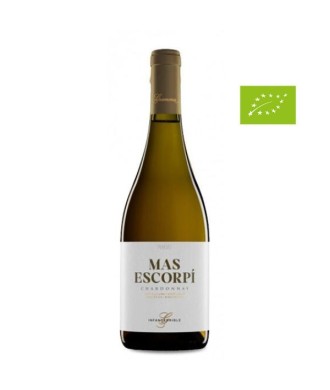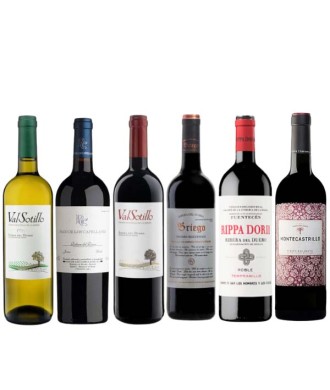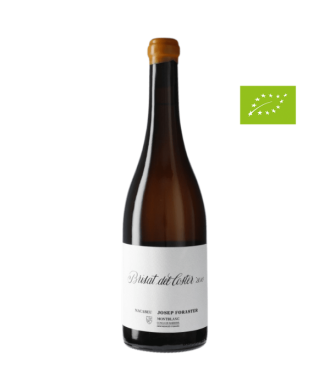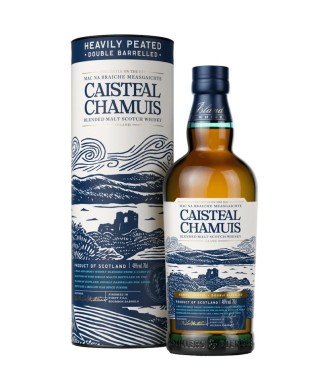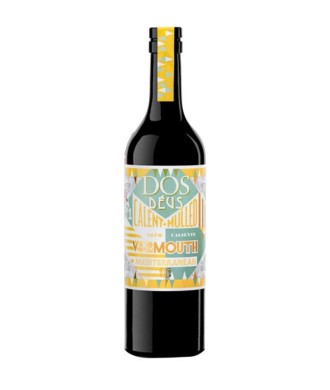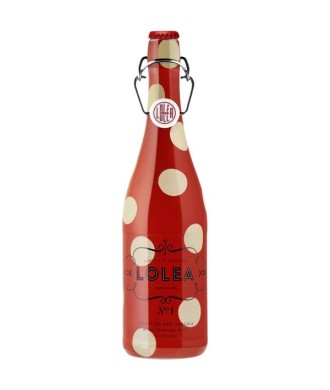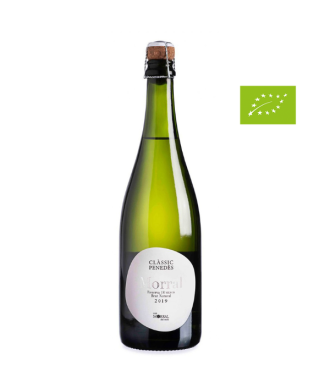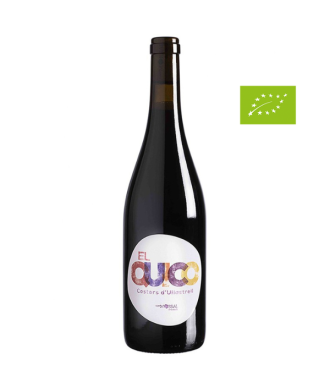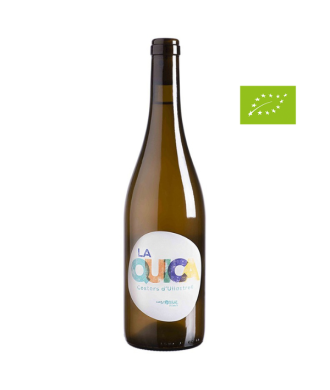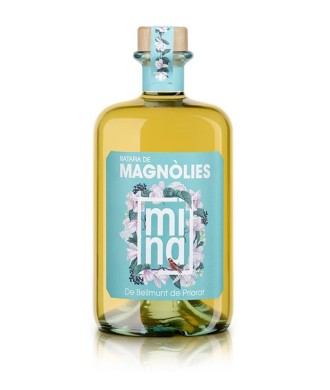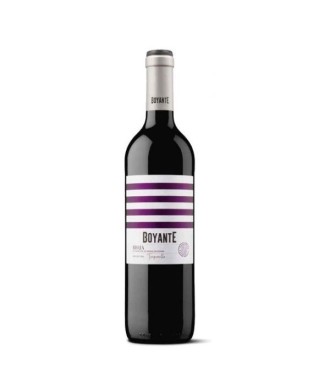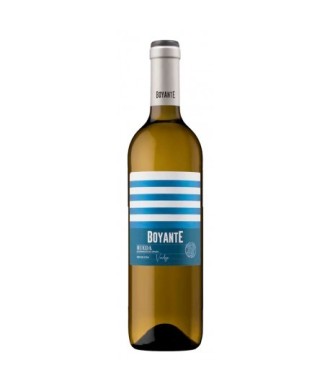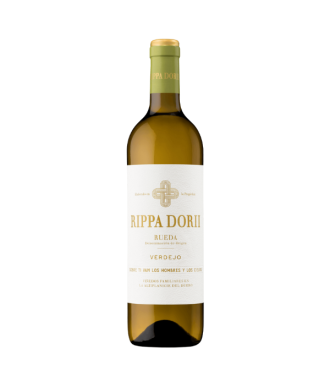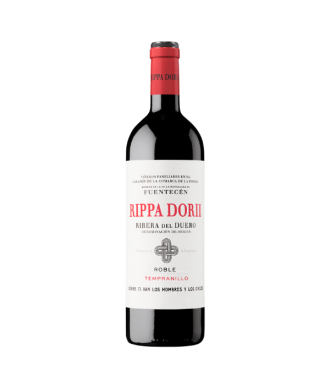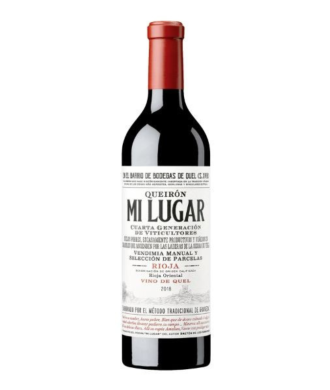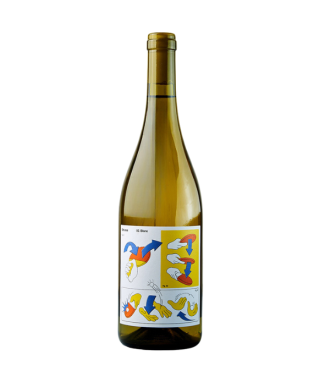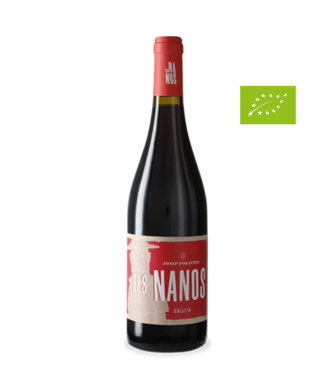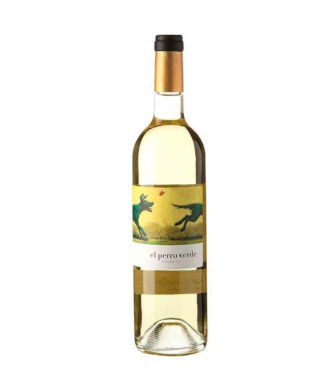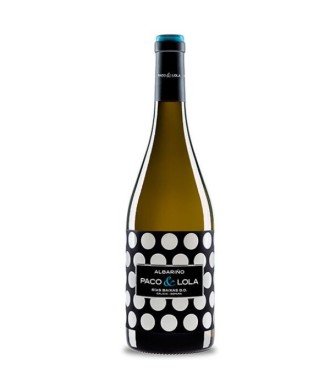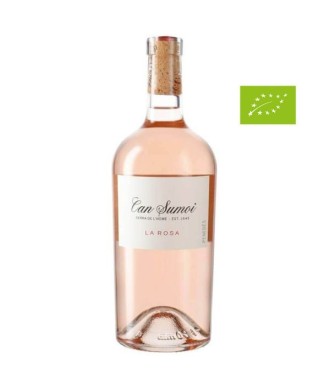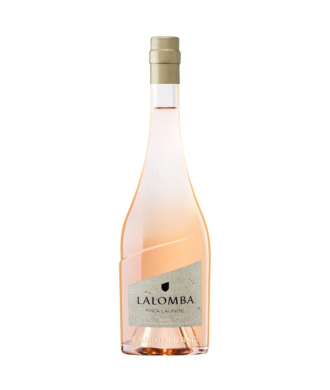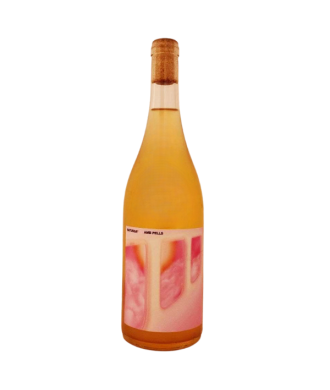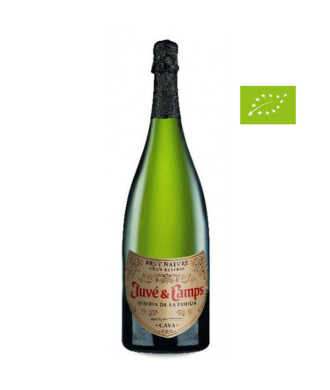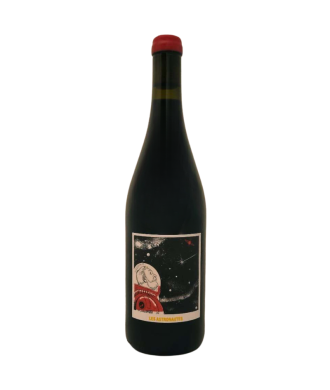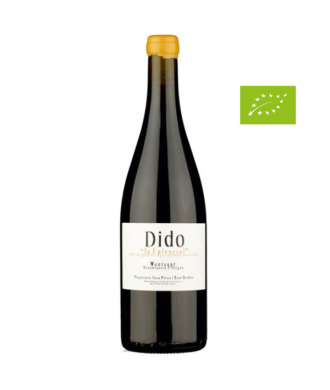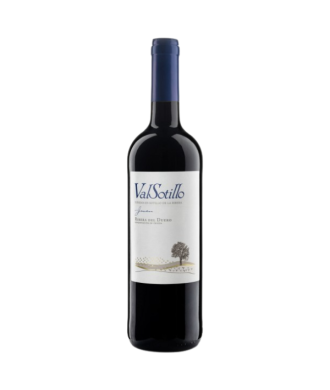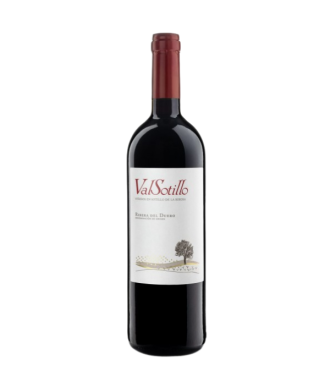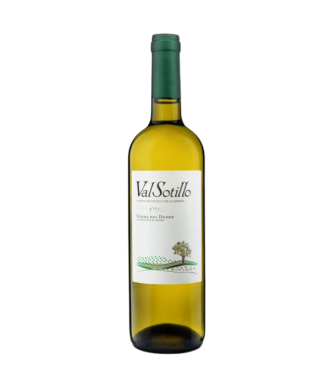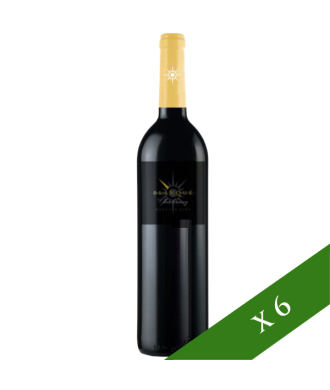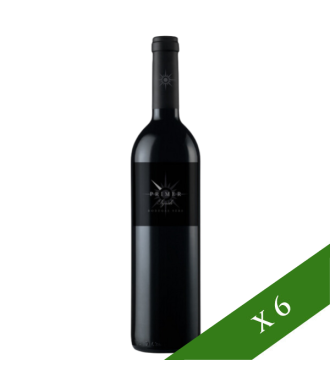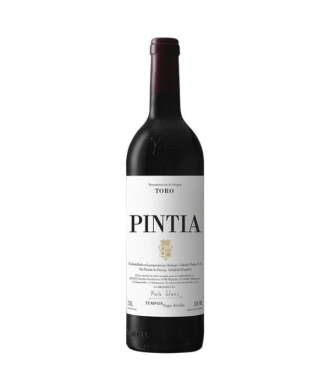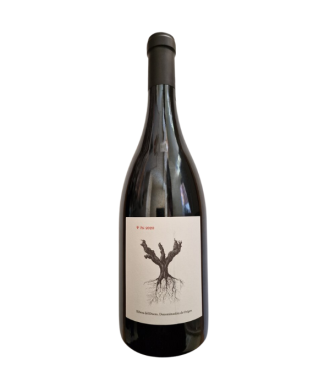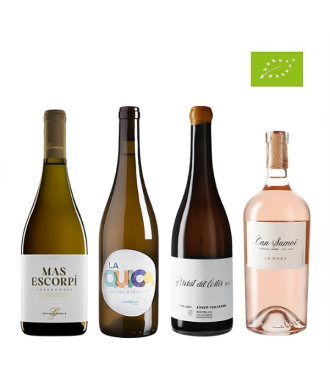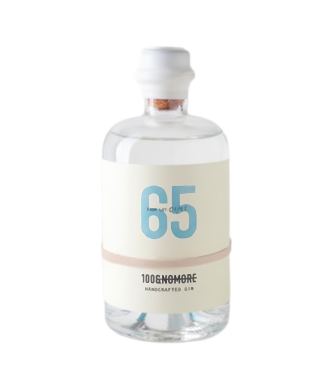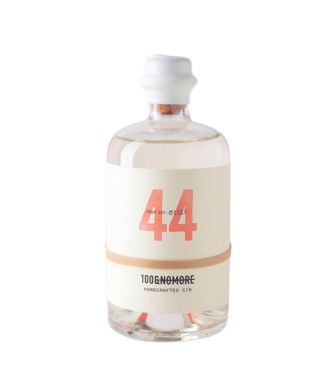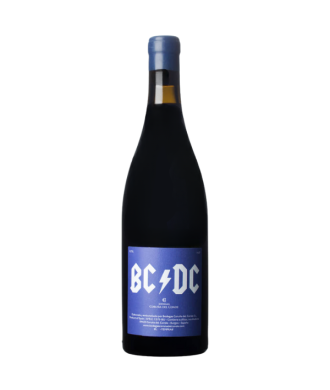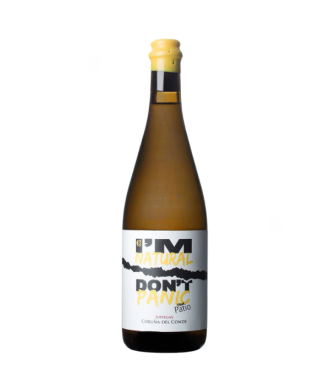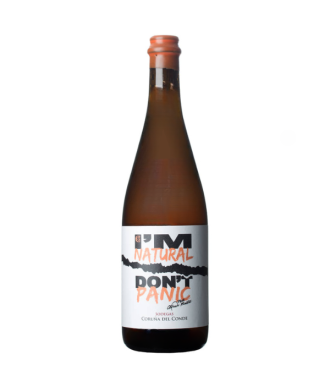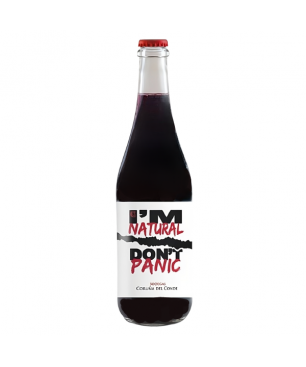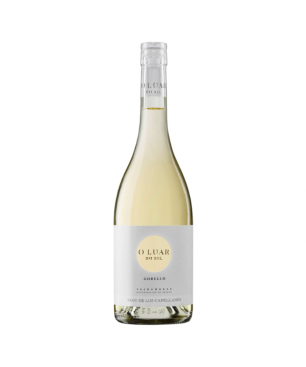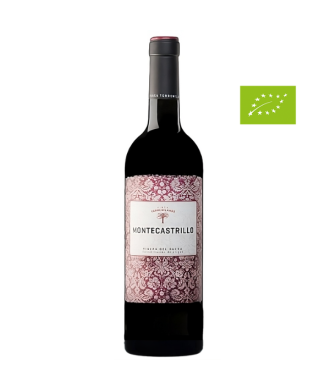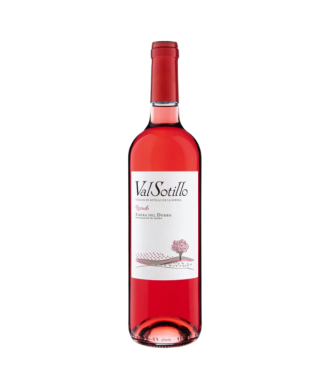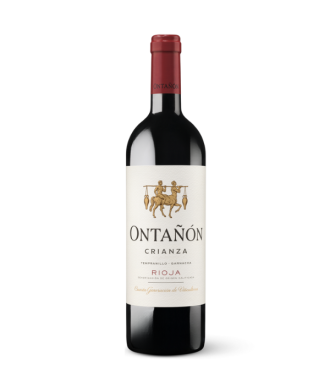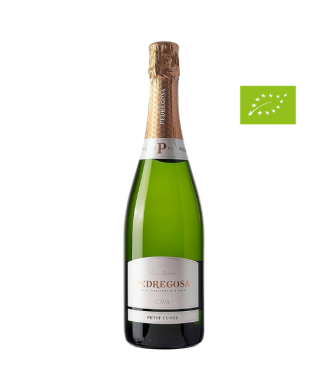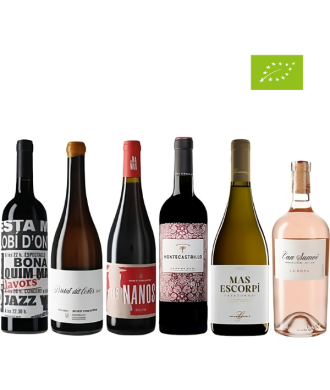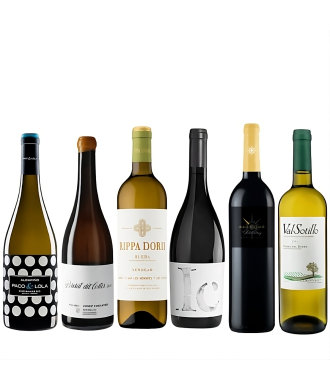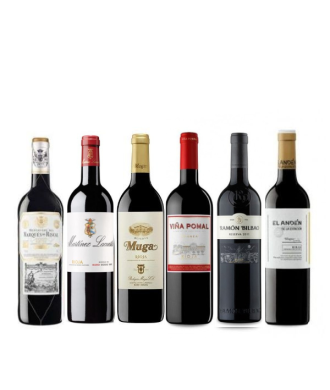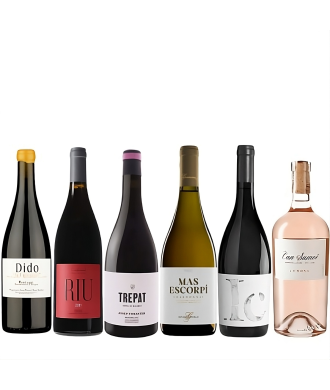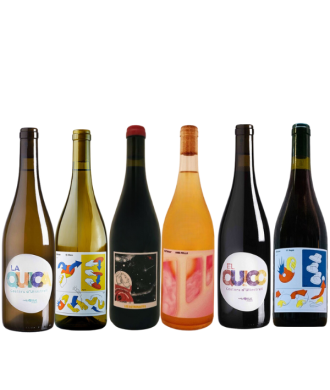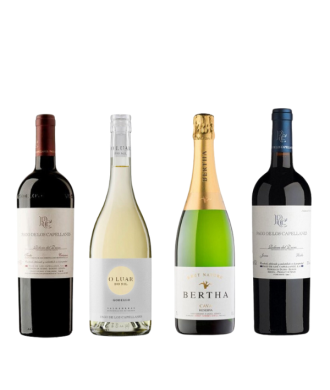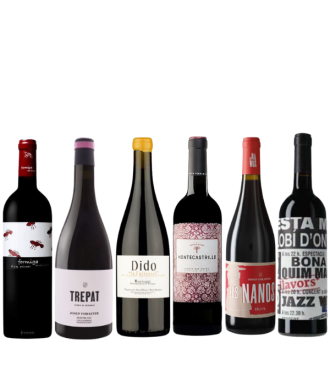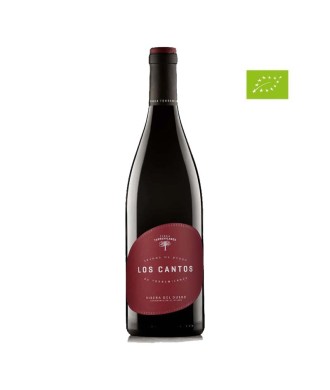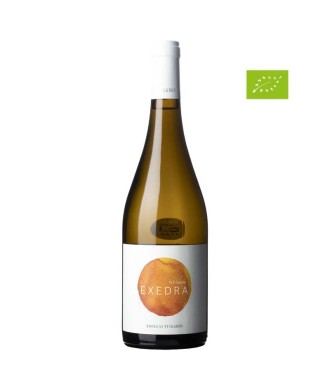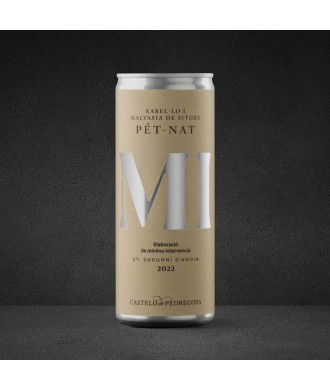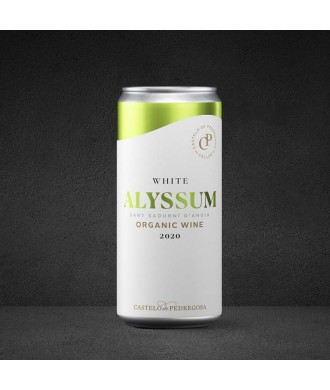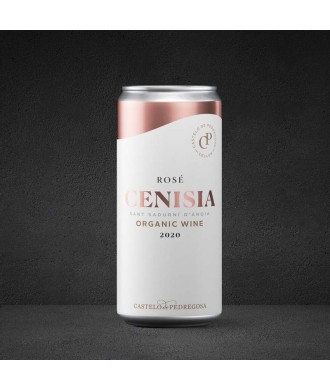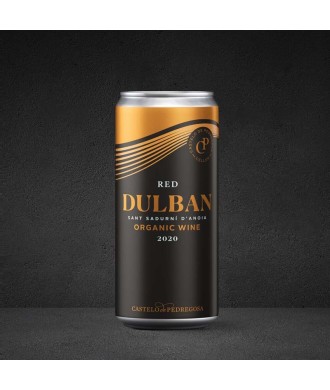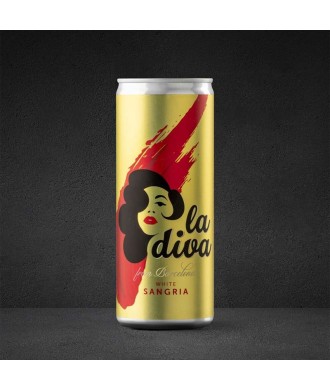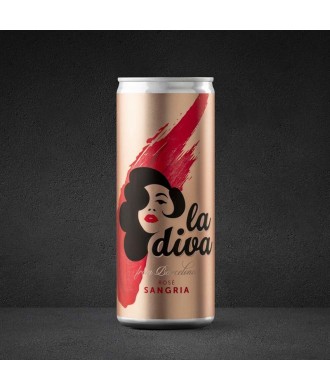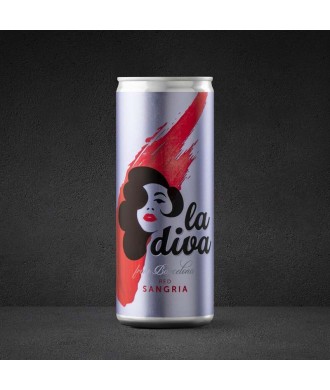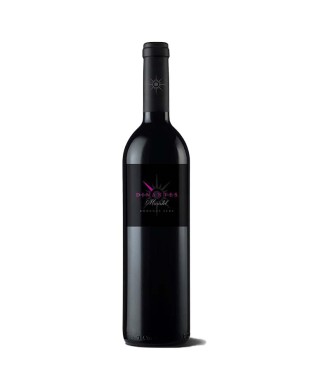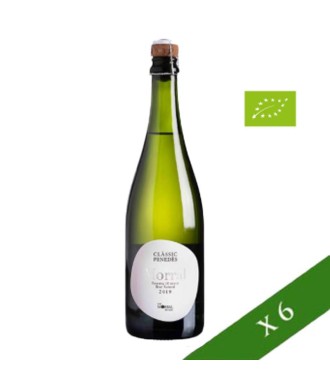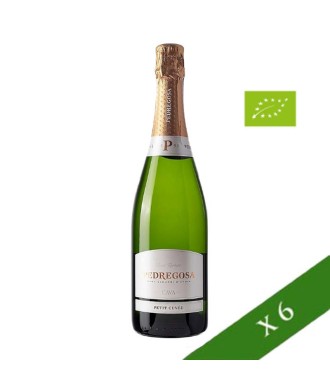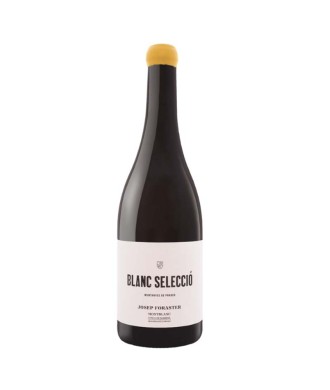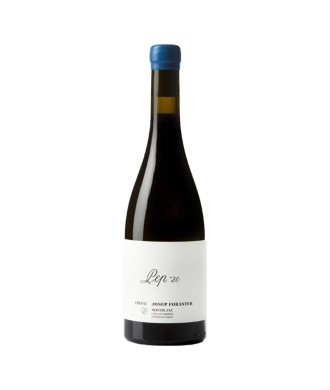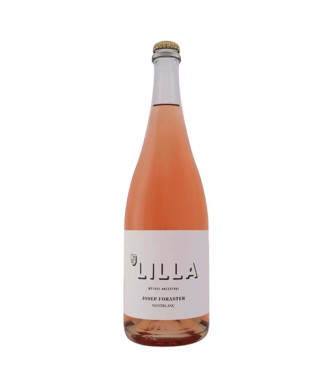Diese Website verwendet eigene Cookies und Cookies von Drittanbietern, um unsereDienste zu verbessern. Und zeigen Sie Werbung in Bezug auf Ihre Vorlieben, indem Sie Ihre Gewohnheiten analysieren navigation. Um Ihre Zustimmung zu seiner Verwendung zu geben, klicken Sie auf die Schaltfläche Akzeptieren.
Cookie-Einstellungen
| Keks | Anbieter | Zweck | Verfallsdatum |
|---|---|---|---|
| PHP_SESSID | www.jamonarium.com | Das PHPSESSID-Cookie ist PHP nativ und ermöglicht es Websites, serialisierte Statusdaten zu speichern. Auf der Website wird es verwendet, um eine Benutzersitzung aufzubauen und Statusdaten durch ein temporäres Cookie zu übergeben, das allgemein als Sitzungscookie bekannt ist. Diese Cookies verbleiben nur auf Ihrem Computer, bis Sie den Browser schließen. | Sitzung |
| PrestaShop-# | www.jamonarium.com | Es ist ein Cookie, das Prestashop verwendet, um Informationen zu speichern und die itzung des Benutzers offen zu halten. Ermöglicht das Speichern von Informationen wie Währung, Sprache, Kundenkennung und anderen Daten, die für das ordnungsgemäße Funktionieren des Shops erforderlich sind. | 480 stunden |
| rc::a | Es wird verwendet, um Bot-Anfragen zu lesen und zu filtern. | Hartnäckig | |
| rc::c | Es wird verwendet, um Bot-Anfragen zu lesen und zu filtern. | Hartnäckig |
| Keks | Anbieter | Zweck | Verfallsdatum |
|---|---|---|---|
| ads/ga-audiences | Diese Cookies werden von Google AdWords verwendet, um Besucher wieder einzubeziehen, die aufgrund des Online-Verhaltens des Besuchers auf verschiedenen Websites wahrscheinlich zu Kunden werden. | Session |
| Keks | Anbieter | Zweck | Verfallsdatum |
|---|---|---|---|
| _ga | Registriert eine eindeutige ID, die verwendet wird, um statistische Daten dazu, wie der Besucher die Website nutzt, zu generieren. | 2 Jahre | |
| _gat | Wird von Google Analytics verwendet, um die Anforderungsrate einzuschränken | 1 Tag | |
| _gat_gtag_UA_# | Wird verwendet, um die Anforderungsrate zu drosseln. | 1 Minute | |
| _gd# | Dies ist ein Google Analytics-Sitzungscookie, mit dem statistische Daten zur Nutzung der Website generiert werden, die beim Beenden Ihres Browsers entfernt werden. | Session | |
| _gid | Registriert eine eindeutige ID, die verwendet wird, um statistische Daten dazu, wie der Besucher die Website nutzt, zu generieren. | 1 Tag |
Ausgezeichnet 
-
Schinken
- Ganze
-
Knochenlose
- Geschnittene (Scheiben)
- Ganze Geschnittene
- Arten Von Schinken
-
Schinken Bellota 100% Ibérico Pata Negra
-
Jabugo (Huelva) Schinken
- Salamanca Schinken
- Extremadura Schinken
- Los Pedroches
- .Jamón ecológico
- Bellota Ibérico 50% Schinken
- Cebo de Campo ibérico Schinken
- Cebo ibérico Schinken
- Serrano Gran Reserva Schinken
- Jamones Joselito
- Wurstwaren
- Vollständige Wurstwaren
- In Scheiben geschnittene
- Iberische Würste
- Leon Würstchen
-
Arten von Wurstwaren
- Käse
- Vollständige Käse
- Portionkäse
- Schafskäse
- Kuhkäse
- Ziegenkäse
- Trockener Käse
- Halbgehärteter Käse
- Käsepakete
-
Käsemarken
- DO Idiazabal
- Sant Gil Albió
- Mas El Garet
- Viriato
- Zanetti
- Dorrea
- Beiardi
- Rosario Castaño
- Andere Marken von Käse
- Gourmet
- Pasteten und Foie gras
- Meeresfrüchte
-
Fischkonserven
- Spanische Traditionelle Gerichte
- Oliven & Vorspeisen
- Hülsenfrüchte & Gemüse
- Desserts
- Gourmet-Produktpakete
- Gourmet-Konserven von BOXES
- Gourmet - Brands
- Ramón Peña
- Mas Parés
- Agromar & Arbeyal
- Imperia
- Dardo
- Ortiz
- Paco Lafuente
- Yurrita
- Marzo
- Casa Riera Ordeix
- Frinsa
- Ribeira
- Herpac
- Greco Foie Gras
- La Luna
- Los Peperetes
- Bodega Coruña del Conde
- Pago de los Capellanes
- Olivenöl
- Arbequina
- Picual
- Cornicabra
- Manzanilla
- Essig und Saucen
- Hojiblanca
- Coupage
- Bio-Olivenöl
- Olivenöl von BOX
- Olivenöl in Dosen
- Großformatiges Olivenöl
- Olivenöl Premium
- Olivenöl mit Auszeichnungen
- Olivenölpackungen
-
Die besten Ölmühlen
- Wein
- Rotwein
- Weißwein
- Dosenweine
- Vinos Rosados
- Schaumwein (Cava)
- Bio-Weine
- Naturwein
- Klassische Weine
- Sangría
- Wermut
- Whisky
- Wein packs
-
Wein VON BOX
- Kisten mit Rotwein
- Kisten für Weißwein
- Kisten mit Roséwein
- Kisten mit Cava
- Wermut-Boxen
- Sangria-Boxen
- Price
- Origine
- D.O. Rioja
-
D.O. Ribera del Duero
- D.O. Priorat
- D.O. Somontano
- D.O. Empordà
- D.O. Rias Baixas
- D.O. Bierzo
- D.O. Montsant
- D.O. Rueda
- D.O. Penedés
- D.O. Terra Alta
- D.O. La Mancha
- D.O. Cava
- More D.O.
- Zubehör
SucheEtwas zu sagen...
Nichts wurde gefunden.
Browser nicht unterstützt.
WunschlisteWarenkorb 0Es gibt keine weiteren Artikel in Ihrem Warenkorb
Blog navigationRotwein, ist er wirklich gesundheitsfördernd?
The answer is complicated. It is true that wine can make wonders in your mood and science suggests that it may be beneficial for our heart, your brain and your muscles, and even have properties that help you fight against cancer.
We are not doctors but we know you are interested, so we have compiled a few interesting studies about wine for you to evaluate for yourself.

Red wine benefits for the health
-
Strengthens the bones. A study by Tufts University in Boston (USA) with more than 2,400 participants showed that women who drink wine are less likely to lose bone mass than women who do not drink wine due to the positive effect on bone mineral density, in the case of both wine and beer.
-
Reduce cardiac risk. A study by Harvard University (USA) clearly determined that those who consume wine in moderate doses are 30% less likely to suffer from a heart attack.
-
Antibacterial. Both red and white wine have antibacterial properties. This was demonstrated by the study conducted by expert Martin E. Weisse of West Virginia University (USA) that shows that wine may reduce bacteria from food, protecting the human body.
-
Prevents blindness. Red wine can stop the growth of control blood vessels in the eye (angiogenesis) that causes blindness, according to a study done by a team of researchers at the Washington University School of Medicine in St. Louis (USA). ) and published in the American Journal of Pathology. The compound may be found in wine and protects our vision is resveratrol.
-
Help against depression. A team of scientists formed by several Spanish universities concluded that drinking wine may reduce the risk of depression. They found that drinking between 6 or 7 glasses of wine per week, you were less prone to be diagnosed with depression, even taking into account lifestyle factors.
-
Reduces cholesterol. Several studies have shown that a glass of wine a day decreases the concentration of atherogenic plaques in the arteries and increases levels of HDL or good cholesterol, which improves cardiovascular health.
The wine contains a multitude of substances diluted in approximately 14 parts of alcohol by 86 of water in addition to various minerals. These substances include polyphenols, which are natural antioxidants believed to be able to intervene in the fixation of the free radicals of bad cholesterol, making it less soluble and therefore preventing its intestinal absorption and its passage to the blood, preventing it from accumulating in the arteries. In addition the alcohol, due to its high volatility condition, once in the blood acts as an arterial dilator, expanding the radius of the artery and therefore facilitating blood circulation.
-
Protects against sunburn. Wine and grape derivatives may help reduce the harmful effects of UV (ultraviolet) rays according to an article by the University of Barcelona (Spain) and published in The Journal of Agricultural Food and Chemistry. The study explains that wine and grapes flavonoids inhibit the formation of Reactive Oxygen Species (ROS) that damage skin cells.
-
It decreases the chances of colon cancer. Scientists from the University of Leicester (United Kingdom) explained at the 2nd International Scientific Conference on resveratrol and health that moderate consumption of red wine on a regular basis can reduce the rate of intestinal tumors by approximately 50%.
-
It prevents from dementia. A team of scientists from Loyola University Medical Center (USA) found that moderate consumption of red wine can reduce the risk of developing dementia. The studies showed a significantly lower risk of dementia among regular and moderate red wine drinkers in 14 different countries. This study was published in The Journal of Neuropsychiatric Disease and Treatment.
-
Prevents from breast cancer. Drinking any type of alcoholic beverage increases the risk of breast cancer. However, the consumption of red wine has the opposite effect according to a study by the Cedars-Sinai Medical Center in Los Angeles (USA) and collected in the Journal of Women's Health. The reason is that chemicals in the skin and seeds of red grapes reduce estrogen levels and increase testosterone levels in premenopausal women, which translates into a lower risk of developing breast cancer.
Red wine contraindications
So far we have listed the benefits, on the opposite side, we find the following arguments:
-
It is true that polyphenols may be beneficial for the heart, but the amount gotten in red wine is actually very small compared to that you would get from consuming from five to nine fruits and vegetables per day.
-
A research published in JAMA Internal Medicine states that most studies about the benefits of resveratrol have been conducted in animals using high doses, so scientists are not entirely sure how it affects to humans who consume it in natural amounts . (The amount equivalent to the high doses administered to animals is equivalent of consuming from 8 to 10 bottles of red wine per night).
-
A meta analysis of more than 200 oncological publications in the Annals of Oncology, ensured the relation between various cancers and alcohol intake. According to it, alcohol intake triples the risk of cancer of the mouth, pharynx, aesophagus and breast. The first three may be caused by the contact of the organs with alcohol and the fourth because of the rise in estrogen caused by alcoholic beverages.
Who do shall believe then?
Well, in the absence of conclusive new studies for or against, there are things that today, we can say:
-
Alcohol increases the risk of suffering from certain cancers.
-
A small glass of wine daily during meals is good a certain age to prevent the risk of cardiovascular problems. For example, it is highly recommended starting at age 50, especially in women (except contraindications).
-
White wine has the same positive effects as red wine.
-
There is no evidence that resveratrol is useful for anything at the doses in which it is ingested in wine.
We hope we have helped you to know how wine influences your health. Enjoy it, and above all remember to consume moderately.
Veröffentlicht in: VerschiedeneÄhnliche Produkte
Sers Primer jungere Rotwein, g.U Somontano
Preis:8,90 €Agiler Wein. Reife und saftige schwarze Früchte. Gute Säure. Schöner Abgang...Sers Singular Crianza, g.U Somontano
Preis:12,80 €Fleshy wine with intense color. Aromatic notes of oak and fresh fruits....Sers Temple Crianza, g.U. Somontano
Preis:12,50 €Leistungsstark mi intensiven Geschmack, ein runder Wein. Cabernet Sauvignon...Sers Blanqué Weiß, g.U. Somontano
Preis:10,90 €Rebsorte geerntet in der ersten Woche im September. Manuelle Auswahl und...Marqués de Riscal Reserva, g.U. Rioja
Preis:19,90 €Frisch und anhaltend. Guter Wein zum kombinieren mit Schinken.Dieser Rotwein...Pago de los Capellanes Roble Rotwein, g.U. Ribera del Duero
Preis:17,90 €Elegant und Wohlschmeckend. Eine ausgezeichneter Rotwein aus der Ribera del...Sers GR18 Reserva, g.U. Somontano
Preis:22,50 €Der Sers GR18 Reserva D.O. Somontano ist ein Rotwein aus den Rebsorten...Formiga de Vellut ecological, Crianza, D.O.Qa. Priorat
Preis:19,60 €A brilliant red intense ecological wine, it turns purple tonality when the...Ilercavonia, DO Terra Alta
Preis:11,90 €Tropical and fresh scents. In the mouth, satiny and fresh. With a good...Recaredo Terrers ecological, Brut nature, Gran Reserva, D.O. Cava
Preis:29,90 €It is a top quality ecological cava. In the mouth it is majestic, with a...Pago de los Capellanes tinto Crianza, D.O. Ribera del Duero
Preis:34,90 €Grape varieties: Tempranillo D.O. Ribera del Duero Aging: 12 months in...Llavors red wine, D.O. Empordà
Preis:12,50 €Young, dynamic and intense wine, well-balanced Cariñena, mazuelo, cab....Viña Pomal Crianza, G.U Rioja
Preis:9,90 €Valsotillo Crianza, D.O Ribera del Duero
Preis:15,25 €Deep cherry colored red wine with violet tones. It as a clean aroma with...Valsotillo Reserva, DO Ribera del Duero
Preis:25,90 €Intensiver kirschroter Wein mit Aromen von schwarzer Lakritze, kandierten...Scotch Whisky Single Malt
Preis:46,30 €This Scotch Whisky Single Malt is a whiskey of the highest quality. It has...Geschenkset - Rioja Weine
Preis:95,20 €Geschenkposten - Jamonarium Selection
Preis:82,20 €BOX x6 - Marqués de Riscal Reserva, g.U. Rioja
Alter Preis:119,40 € Preis:113,43 € Rabatt:5% Sparen Sie:-5,97 €BOX x6 - Sers GR18, D.O. Somontano
Alter Preis:135,00 € Preis:128,25 € Rabatt:5% Sparen Sie:-6,75 €BOX x6 - Whisky Glenrothes Select Reserve
Alter Preis:277,80 € Preis:263,91 € Rabatt:5% Sparen Sie:-13,89 €BOX x6 - Cava Bertha Reserva Brut Nature, D.O. Cava
Alter Preis:83,40 € Preis:79,23 € Rabatt:5% Sparen Sie:-4,17 €BOX x6 - Ramón Bilbao Red Crianza, D.O. Rioja
Alter Preis:58,80 € Preis:55,86 € Rabatt:5% Sparen Sie:-2,94 €BOX x6 - Viña Pomal Crianza, DO Rioja
Alter Preis:59,40 € Preis:56,43 € Rabatt:5% Sparen Sie:-2,97 €BOX x6 - Briego Vendimia Seleccionada Roble, D.O. Ribera del Duero
Alter Preis:55,20 € Preis:52,44 € Rabatt:5% Sparen Sie:-2,76 €BOX x6 - Llavors red wine, D.O. Empordà
Alter Preis:75,00 € Preis:71,25 € Rabatt:5% Sparen Sie:-3,75 €Wermut Dos Déus Origins Weiß
Preis:10,50 €Wermut Dos Déus Origins Weiß wurde im Priorat-Gebiet aus Moscatel-Trauben...Wermut Dos Déus Origins Reserva Schwarz
Preis:10,90 €Wermut Dos Déus Origins Reserva Schwarz wurde im Priorat-Gebiet aus...Wemut Dos Déus Geräuchert DIP
Preis:14,70 €Wemut Dos Déus Geräuchert DIP wurde im Priorat-Gebiet hergestellt. Seine...Wermut Dos Deus Heiß Nordisch
Preis:10,90 €Wermut Dos Deus Heiß Nordisch wurde im Priorat-Gebiet hergestellt. Dieser...BOX x6 - Wermut Dos Déus Origins Reserva Schwarz
Alter Preis:65,40 € Preis:62,13 € Rabatt:5% Sparen Sie:-3,27 €BOX x6 - Wermut Dos Deus Heiß Nordisch
Alter Preis:65,40 € Preis:62,13 € Rabatt:5% Sparen Sie:-3,27 €BOX x6 - Wermut Dos Déus Origins Weiß
Alter Preis:63,00 € Preis:59,85 € Rabatt:5% Sparen Sie:-3,15 €BOX x6 - Wemut Dos Déus Geräuchert DIP
Alter Preis:88,20 € Preis:83,79 € Rabatt:5% Sparen Sie:-4,41 €Mas Escorpí Biowein, D.O. Penedés
Preis:13,95 €Geschenkset - Ribera del Duero Auswahl
Preis:61,05 €Josep Foraster Trepat Rot Bio, D.O. Conca de Barbera
Preis:15,90 €Der Trepat von Josep Foraster ist ein reinsortiger Rotwein, der erste...Josep Foraster Brisat del Coster Weiß Natural Biowein, g.U. Conca de Barberá
Preis:15,95 €Der Brisat del Coster de Josep ist ein Weißwein, der die übliche...Whisky Glendalough Double Barrel
Preis:40,92 €Whisky Hatozaki Pure Malt
Preis:57,30 €Whisky Tamdhu 12 Jahre
Preis:59,30 €Wermut Dos Deus Heiß Mediterráneo
Preis:10,90 €Der Wermut Dos Deus Heiß Mediterráneo wurde im Priorat-Gebiet hergestellt....Frizzante Sangria aus Rotwein Lolea Nr. 1
Preis:10,90 €Diese Frizzante Sangria wird aus Rotwein mit Zitrus- und Zimt-Untertönen...Cava Morral Clàssic Penedés Brut Biowein Natural
Preis:12,90 €El Quico Can Morral Crianza, g.U. Penedés
Preis:10,90 €Der Quico Can Morral Natural Crianza, D.O. Penedés ist ein natürlicher Wein...La Quica Can Morral Weiss Natürlicher Bio, g.U. Penedés
Preis:10,90 €La Quica Can Morral Blanco Natural Ecológico ist ein Weißwein mit der...Julieta Josep Foraster Rot, D.O. Conca de Barberá
Preis:22,50 €Julieta von Josep Foraster ist der Lieblings-Bio-Rotwein des Weinexperten...Ratafia de Magnolies Mina
Preis:15,90 €Ratafia de Magnolies Mina ist ein süßer Likör, der in der Region Priorat...Wermut Dos Déus Origins Geräucher Schwarz
Preis:12,50 €Der Wermut Dos Déus Origins Geräucher Schwarz wurde in der Region Priorat...Boyante Rotwein, D.O. Rioja
Preis:6,49 €Boyante Verdejo, D.O. Rueda
Preis:6,49 €Rippa Dorii Verdejo, g.U. Rueda
Preis:7,50 €Rippa Dorii Roble, g.U. Ribera Duero
Preis:7,95 €Mi Lugar Tinto Crianza, g.U La Rioja
Preis:24,50 €Batussa Negre Rot Naturwein, g.U Conca De Barbera
Preis:10,90 €Das Batussa Negre Tinto Natural, D.O. Conca de Barbera ist ein...Batussa Blanc Naturwein, g.U Conca De Barbera
Preis:10,90 €Batussa Blanc Natural, g.U. Conca de Barbera ist ein Weißwein, der sich...Josep Foraster Els Nanos Rot Bio, g.U Conca de Barberá
Preis:7,10 €Der Jose Foraster Nanos ist ein junger Rotwein, der die primären Aromen der...El Perro Verde Verdejo Weißwein, D.O. Rueda
Preis:13,90 €Paco y Lola Albariño , g.U Rías Baixas
Preis:13,95 €Can Sumoi La Rosa Natural Organic, g.U Penedés
Preis:13,41 €Lalomba Finca Lalinde Rosé, g.U. Rioja
Preis:21,95 €Batussa amb pells Orange Natural
Preis:14,50 €Das Batussa Amb Pells Orange Natural ist ein 100% garnatxa Orangenwein, der...Cava Juve i Camps Brut Nature ökologisch Gran Reserva, D.O. Cava
Preis:20,90 €Grape varieties: 55% Xarel·lo, 35% Macabeo, 10% Parellada Aging bottle:...Les Astronautes Rot Naturwein , G.U. Toro
Preis:15,50 €Les Astronautes ist ein Rotwein aus Toro der Region Castilla y León, der...Valsotillo Junger Rotwein, g.U Ribera Del Duero
Preis:6,50 €Valsotillo Weißwein Albillo, G.U Ribera Del Duero
Preis:6,50 €BOX x6 - Sers Blanqué Blanco, D.O. Somontano
Alter Preis:65,40 € Preis:62,13 € Rabatt:5% Sparen Sie:-3,27 €BOX x6 - Sers Primer Jungere Rotwein, G.U Somontano
Alter Preis:53,40 € Preis:50,73 € Rabatt:5% Sparen Sie:-2,67 €BOX x6 - Sers Temple Crianza, g.U. Somontano
Alter Preis:75,00 € Preis:71,25 € Rabatt:5% Sparen Sie:-3,75 €Pintia 2018, g.U Toro
Preis:89,90 €PSI 2020 Rotwine Crianza , D.O Ribera Del Duero
Preis:54,95 €Geschenkset Bio-Weißweine
Preis:54,20 €Gin 100&nomore BRAVA
Preis:49,00 €Gin 100&nomore SICHUAN
Preis:49,00 €BC DC Tinto Crianza 2020, Naturwein
Preis:22,90 €El Coruña del Conde BC DC Tempranillo 2020 ist ein junger Rotwein, der die...Im Natural Don't Panic Patio Weißwein 2021, Naturwein
Preis:20,90 €Der Weißwein "Im Natural Don't Panic Patio del 2021" ist ein Naturwein aus...Im Natural Don't Panic Orange Wein 2021, Naturwein
Preis:20,90 €Der Wein "Im Natural Dont Panic Orange 2021", eine Mischung aus Palomino...I'm Natural Don't Panic Easy Red Clarete 2022, Naturwein
Preis:19,90 €Der Clarete 2022 EASY RED #22 ist ein Wein mit einem perfekten Gleichgewicht...O Luar Do Sil Godello 2023, D.O. Valdeorras
Preis:16,70 €Der Weißwein "O Luar do Sil" von Pago de Los Capellanes, hergestellt aus der...Torremilanos Montecastrillo Rotwein Bio, g.u. Ribera Duero
Preis:11,20 €Torremilanos Montecastrillo Rot Bio, g.u. Ribera Duero ist ein Wein, der...Valsotillo Roséwein, G.U Ribera Del Duero
Preis:6,50 €Ontañón Crianza, g.U La Rioja
Preis:8,90 €Der Ontañón Crianza, g.U La Rioja ist ein Rotwein, der 90% Tempranillo und...RIU Infernal Rotwein, g.U. Priorat
Preis:20,90 €Der RIU Infernal Rotwein mit Qualifizierter Ursprungsbezeichnung Priorat...Batussa Exit Naturwein, g.U Conca De Barbera
Preis:21,90 €Der Batussa Exit Naturwein ist ein natürlicher Weißwein, der zu 100% aus...Cava Pedregosa Petit Cuvee Brut Nature Bio, g.U. Cava
Preis:9,90 €Der Cava Pedregosa Petit Cuvee ist ein Cava der Geschützten...Pack Bodega Sers g.U. Somontano
Preis:67,60 €Geschenkset - Bio Weine SELEKTION
Preis:74,11 €Geschenkset - Weißweine
Preis:66,70 €Geschenkset - Katalanische Rotweine
Preis:95,60 €Geschenkset - Katalanische Weinauswahl
Preis:95,65 €Geschenkset - Naturweine
Preis:73,60 €Geschenkset - Gastronomische Weine zum Pairing
Preis:83,40 €Geschenkset - Bio-Rotweine
Preis:85,90 €Los Cantos de Torremilanos, D.O. Ribera Duero (2021)
Preis:15,91 €Biologischer Wein, hergestellt nach den Regeln der biodynamischen...Exedra Ánfora Weiß, D.O. Katalonien (2023)
Preis:13,61 €Weißwein aus biologischem Anbau, hergestellt aus weißen Grenache-Trauben in...MI — Pet-Nat, Castelo de Pedregosa, Weißwein ökologisch 250 ml
Preis:3,90 €Xarel·lo und malvasia aus Sitges Bio 11.5%Dulban, Castelo de Pedregosa, Rotwein ökologisch 250 ml
Preis:3,90 €Tempranillo, samsó und Grenache Noir 4 Monate in französischen...SERS Dinantes Moristel D.O. Somontano (2022)
Preis:11,50 €Rotwein, dessen Trauben bei Sonnenaufgang von Hand geerntet werden und mit...BOX x6 - Cava Morral Clàssic Penedés Brut Natural Ecológico
Alter Preis:77,40 € Preis:73,53 € Rabatt:5% Sparen Sie:-3,87 €BOX x6 - Cava Pedregosa Petit Cuvee Brut Nature Bio, g.U. Cava
Alter Preis:59,40 € Preis:56,43 € Rabatt:5% Sparen Sie:-2,97 €Josep Foraster Blanc Selecció, D.O. Conca de Barberá
Preis:14,70 €Es ist ein vollmundiger Weißwein mit großem Alterungspotenzial. Noten von...Josep Foraster Els Nanos Rose, D.O. Conca de Barberá
Preis:7,90 €Der Josep Foraster Els Nanos Rosat ist ein junger Roséwein, der den...Josep Foraster Les Gallinetes, D.O. Conca de Barberá
Preis:10,50 €Es handelt sich um einen Rotwein, der Teil eines Gemeinschaftsprojekts mit...Josep Foraster, Pep, D.O. Conca de Barberá
Preis:39,90 €Der Pep de Josep Foraster ist ein frischer Rotwein mit Aromen von Früchten...Josep Foraster Lilla Ancestral, D.O. Conca de Barberá
Preis:14,90 €Josep Foraster Lilla Ancestral ist ein Roséwein, der als Aperitif genossen...Ähnliche Beiträge
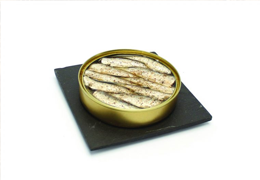 Gehende grüne - Mittel Sardinen und Sardellen essen.
Veröffentlicht in: Verschiedene26/06/2017729 Gefällt mirNicht nur in Spanien die Sardinen und Sardellen Konserven immer sehr beliebt waren. Eine kleine Geschichte der...Weiter lesen
Gehende grüne - Mittel Sardinen und Sardellen essen.
Veröffentlicht in: Verschiedene26/06/2017729 Gefällt mirNicht nur in Spanien die Sardinen und Sardellen Konserven immer sehr beliebt waren. Eine kleine Geschichte der...Weiter lesen Wie wählen Sie Ihren idealen Schinkenhalter? Die eine an der Wand oder eine auf den Tisch legen?
06/07/20171048 Gefällt mirBei der Ankunft des Winters, mit ihren Festen und Weihnachtsfeiern, sind wir scharf darauf, Qualitätsschinken unter...Weiter lesen
Wie wählen Sie Ihren idealen Schinkenhalter? Die eine an der Wand oder eine auf den Tisch legen?
06/07/20171048 Gefällt mirBei der Ankunft des Winters, mit ihren Festen und Weihnachtsfeiern, sind wir scharf darauf, Qualitätsschinken unter...Weiter lesen Paprika und Mittelmeer-Diät. Warum es ist so wichtig und wertvoll?
Veröffentlicht in: Verschiedene13/03/2017741 Gefällt mirPaprika sind eine der Hauptbestandteile der Mittelmeer-Küche, vor allem im Sommer. Gekocht oder roh, beide Wege...Weiter lesen
Paprika und Mittelmeer-Diät. Warum es ist so wichtig und wertvoll?
Veröffentlicht in: Verschiedene13/03/2017741 Gefällt mirPaprika sind eine der Hauptbestandteile der Mittelmeer-Küche, vor allem im Sommer. Gekocht oder roh, beide Wege...Weiter lesen Sobrassada: eine balearische Delikatesse
Veröffentlicht in: Verschiedene19/07/2014585 Gefällt mirSausages are delicious, right? In sandwich, with some bread, some others with anything else... but today we are going...Weiter lesen
Sobrassada: eine balearische Delikatesse
Veröffentlicht in: Verschiedene19/07/2014585 Gefällt mirSausages are delicious, right? In sandwich, with some bread, some others with anything else... but today we are going...Weiter lesen Die Dehesa ein einzigartiges Ökosystem in der Welt
24/11/2016746 Gefällt mirDie Dehesa ist der natürliche Lebensraum des Iberischen Schweines, es handelt sich um ein einzigartiges Ökosystem, so...Weiter lesen
Die Dehesa ein einzigartiges Ökosystem in der Welt
24/11/2016746 Gefällt mirDie Dehesa ist der natürliche Lebensraum des Iberischen Schweines, es handelt sich um ein einzigartiges Ökosystem, so...Weiter lesen Andres Iniesta und ARCOS Messer
Veröffentlicht in: Verschiedene24/05/2016425 Gefällt mirAndrés Iniesta macht als Botschafter von Arcos Messer.Weiter lesen
Andres Iniesta und ARCOS Messer
Veröffentlicht in: Verschiedene24/05/2016425 Gefällt mirAndrés Iniesta macht als Botschafter von Arcos Messer.Weiter lesenChatten Sie mit uns auf WhatsApp
Rufen Sie uns an oder hinterlassen Sie Ihre Daten und wir rufen Sie so schnell wie möglich zurück
- Wein
- Käse
-
Jabugo (Huelva) Schinken






